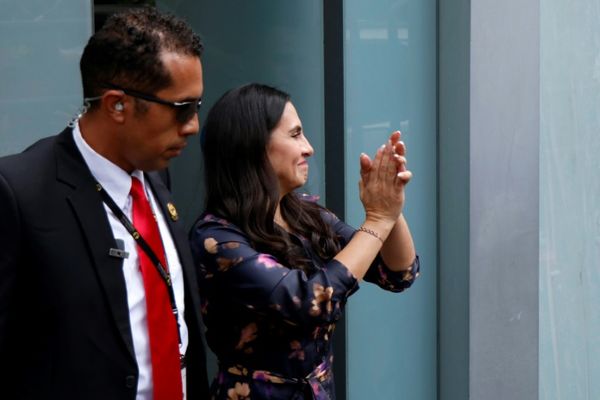
Australia has been promised a complete 180 in the way Parliament will be run, with Prime Minister Anthony Albanese assuring more respect, more collaboration and less combativeness among politicians.
There are business cards with details about the parliamentary workplace support service dotted around the building; Parliament is more diverse with a record number of women and people from a broader array of backgrounds — and late nights of debate have been curtailed under new orders.
It’s early days and we’ve been promised the world. So, as the first sitting week under the new government wraps up, how different is it? Crikey stalks the halls and chats to anonymous staffers about how they’re feeling about the “new way” of doing things.
Staffing is a key concern
A Labor staffer said things were already much smoother. “It’s not just the visuals but the reality,” they said. “People are really aware of things and there does seem to be a lot of people with experience. Stuff is getting done, people are working well together and it’s been a really good start.”
One Coalition staffer said there’d been a shakeup in staff with a natural progression of people leaving the profession. “A lot of people have gone into other jobs, whether that’s into governments or into the private sector,” they said.
While the building definitely “felt different”, they said it was likely due to eased COVID-19 restrictions and new faces rather than a cultural shift. “There’s tension in the to-ing and fro-ing but there’s a lot of goodwill and good relationships.”
One staffer from the crossbench raised concerns about the new staff caps. “I saw the new job description and just felt exhausted. Just doing one of these roles is extremely demanding. All my original enthusiasm for the 47th Parliament has turned into overwhelm,” they said.
The staffer added they were yet to see the increased staffing promised for the Parliamentary Library, and questioned whether the cuts were a deliberate ploy to limit the power of independents and minor parties.
“Offices will have to get creative, but terminations are unavoidable,” they said.
“I don’t think there will be an immediate change in addressing safety and sexism in the Parliament itself, but I have high hopes for action on these issues in the wider public. That’s something I think the government is quite genuine about.”
All three staffers had worked under the previous government and spoke on the condition of anonymity.
Question time improves, but no major overhaul
Milton Dick has already proved himself a stronger speaker of the house than Andrew Wallace, who seemed to struggle with keeping track of the chaos and who was yelling what.
During the second question time of the new government, Dick booted Labor’s Graham Perrett for interjecting under section 94(a), with Dick saying, “He may be my neighbour but he’s having a holiday,” referring to their neighbouring electorates. We also got grabs such as “The treasurer will cool his jets for a moment” and “I do not need assistance from anyone on the left — on MY left”.
Despite a stronger speaker cracking down on interjections, the quality of questions remained low. The Coalition, while at risk of having anything it criticises of Labor thrown back in its faces due to its nine-year reign, failed to ask anything interesting and instead deferred back to question after question about the CFMMEU. Labor asked a multitude of predictable Dorothy Dixers — replying with a smugger tone than the Liberal Party now it is in power.
Leaps and bounds on legislation
Already a number of bills have been introduced to Parliament, including new standing orders on the way Parliament is run, the climate change bill, paid domestic violence leave, and aged care reform bills. It’s in stark contrast to the Coalition, which spent its final days fighting over failed religious discrimination and anti-corruption bills.
There was some dissent over one section of the new standing orders allowing bills the government considers to be urgent to be expedited through the house, with independent Zali Steggall raising concerns these bills wouldn’t be considered properly.
But her concerns were resolved in mere hours; her proposed amendment, supported by crossbenchers and Greens Leader Adam Bandt, was quickly accepted by the government.
It may be too early to call it, but so far it seems Australia has, for the first time in a while, a functioning Parliament.







